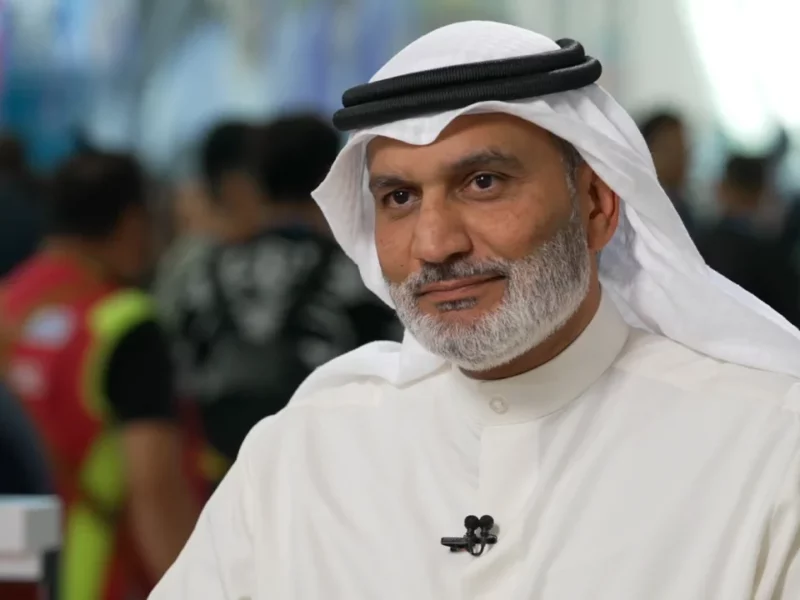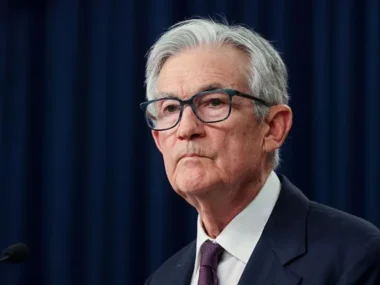The leader of the Organization of the Petroleum Exporting Countries (OPEC), a coalition of major global oil producers, cautioned in an interview with CNN on Monday that a lack of financial support in the oil sector poses a significant risk to global energy stability and has the potential to drive crude oil prices up to $100 per barrel.
According to Haitham Al Ghais, OPEC’s secretary-general, a substantial investment of at least $12 trillion is required worldwide in the oil industry from now until 2045 to avert a surge in energy costs. He conveyed this message to CNN’s Becky Anderson during the ADIPEC energy conference in Abu Dhabi.
He emphasized that the insufficient investment in the oil sector is perilous.
“By not allocating sufficient investment, we are essentially jeopardizing energy security. Without this essential funding, there’s a significant risk of prices becoming more volatile as demand continues to grow,” he remarked.
Brent crude oil, which serves as the global benchmark, has surged by 29% since hitting a low point in mid-June. Last week, it was trading near $97 per barrel, its highest level since November of the previous year. This increase is largely attributed to prolonged output reductions by Saudi Arabia and Russia.
When asked whether oil prices might reach $100 per barrel, a possibility some analysts have suggested, Al Ghais clarified that OPEC does not make price forecasts. However, he noted that the factors potentially leading to such a price level, notably the inadequate investments in the oil sector, have persisted for some time.
“I firmly believe that it is of utmost importance for the world to address this issue correctly,” he emphasized. “By neglecting necessary investments, we are, in fact, putting global energy security at risk. The world will need a minimum of $12 trillion in investments across the oil industry from now until the year 2045.”
Al Ghais pointed out that due to population and economic growth, there is simply no feasible way to solely rely on renewable energy sources or hydrogen as the primary energy sources to meet the world’s future energy needs. He stressed the necessity of ensuring that the world has an ample supply of energy that is stable, cost-effective, dependable, and not subject to intermittent availability.
These remarks come shortly after the International Energy Agency (IEA) forecasted that worldwide demand for oil, natural gas, and coal is expected to reach its peak by the year 2030.
The IEA has urged for an immediate halt to investments in new oil and gas ventures if there is any hope of achieving net-zero planet-heating emissions by 2050. This net-zero goal takes into consideration all emissions generated and removed from the atmosphere.
Fatih Birol, who serves as the executive director of the IEA, informed reporters last week that despite the significant expansion of renewable energy sources worldwide, restraining global warming to within 1.5 degrees Celsius above pre-industrial levels, the threshold beyond which extreme weather events could have devastating consequences, remains an exceedingly difficult task.
According to IEA projections, achieving this goal necessitates a 25% reduction in global demand for fossil fuels by 2030 when compared to current levels.
Al Ghais remarked that meeting this reduction target would be an enormously formidable challenge, particularly given that the proportion of fossil fuel consumption in global energy demand has shown little change over the past three decades.











